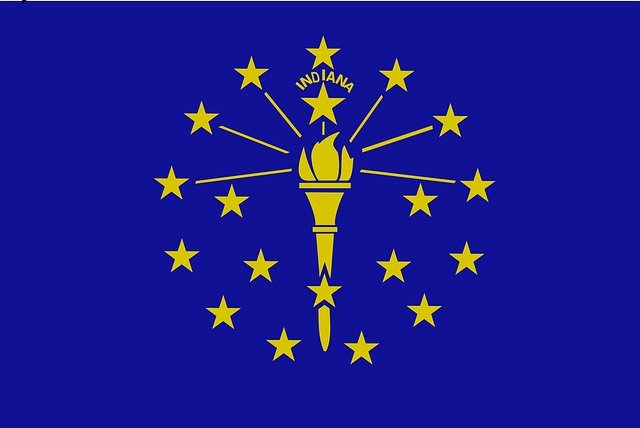INDIANA ESTATE PLANNING RESOURCES
Free & Affordable Indiana Estate Planning Resources
An estate plan is a collection of documents that specify how you want your money and other assets distributed, making it easier for your loved ones to handle your affairs during a time of grief.
It outlines the management and distribution of your assets after their death or incapacity. This plan typically includes a variety of legal documents, such as wills, trusts, power of attorney, and beneficiary designations to accommodate specific needs and preferences. In addition to asset transfer, an estate plan also addresses essential aspects like guardianship for minor children, advanced healthcare directives, and charitable giving. By creating a comprehensive estate plan, you can ensure the proper execution of your wishes.
A well-crafted estate plan can offer guidance and support to loved ones during difficult times, easing the stress and complexities that often accompany the settlement of an estate. By addressing the unique needs and circumstances of each individual, it provides a clear roadmap for the management and distribution of assets. A comprehensive estate plan can help to safeguard one's legacy and ensure that their wishes are carried out effectively and efficiently.
What is an Estate Plan?
Why is an Estate Plan Important?
An estate plan is not just a preparation for your eventual passing; it's a safeguard for your family's well-being and peace of mind in the present. Without these crucial documents, your loved ones could face a myriad of challenges, including:
Exorbitant legal expenses: Without a Power of Attorney, your family may be forced to seek a guardianship appointment, incurring significant legal fees and delays.
Emotional strain: Navigating complex medical and financial decisions on your behalf can be emotionally draining for your loved ones. An estate plan clearly outlines your wishes, alleviating this burden.
Potential disagreements: Without clear instructions, your family may face disagreements about your preferences, leading to potential conflicts and delays in fulfilling your wishes.
A well-crafted estate plan, including a Last Will and Testament, Living Will, and Power of Attorney, empowers you to make informed decisions today that safeguard your family's well-being and ensure your wishes are respected, both now and in the future.
Summary of Estate Planning Documents
Estate planning involves creating legal documents that outline your wishes and provide instructions for managing your assets and affairs. These documents are crucial for ensuring your loved ones are cared for and your wishes are respected, both while you are alive and after you pass away.
Last Will and Testament: This document outlines how your assets will be distributed after your death. It also allows you to appoint an executor, who will be responsible for carrying out your wishes and managing your estate.
Trust: A trust is a legal arrangement that allows you to transfer ownership of your assets to a trustee for the benefit of your beneficiaries. Trusts can be used during your lifetime or after your death, and they offer greater flexibility and control over asset distribution compared to wills.
Powers of Attorney: These documents grant authority to a designated person to make decisions on your behalf in case you become incapacitated.
Healthcare Power of Attorney: This document authorizes someone to make medical decisions for you if you are unable to do so yourself.
General Power of Attorney: This document authorizes someone to manage your financial affairs, including paying bills, handling investments, and making property-related decisions.
Living Will: This document expresses your wishes regarding medical treatment if you become terminally ill or incapacitated. It provides guidance for your healthcare power of attorney on how to handle life-sustaining treatments.
By having these essential estate planning documents in place, you can ensure your family is protected, your wishes are respected, and your assets are managed according to your preferences.
Schedule your 30-minute complimentary phone consultation with an Indiana estate planning attorney in two easy steps.
Step 1: Complete the form.
Step 2: Someone will call or email you to help schedule your appointment.
